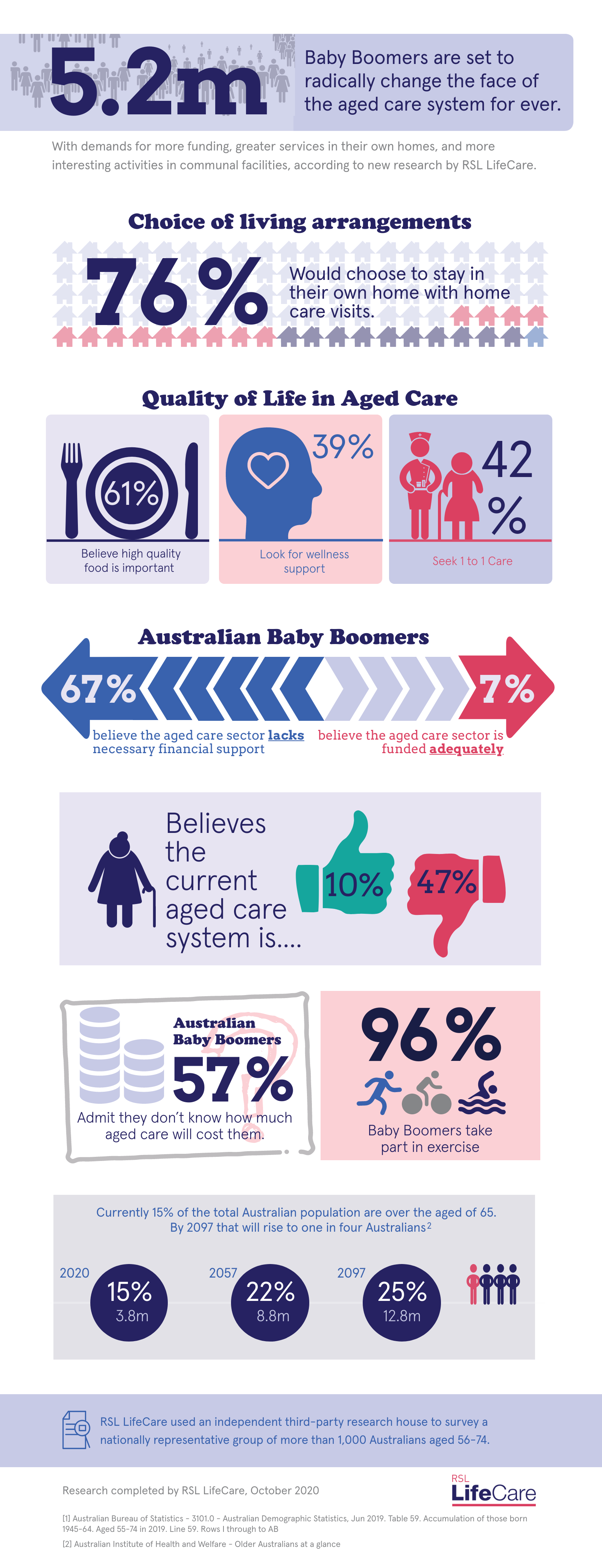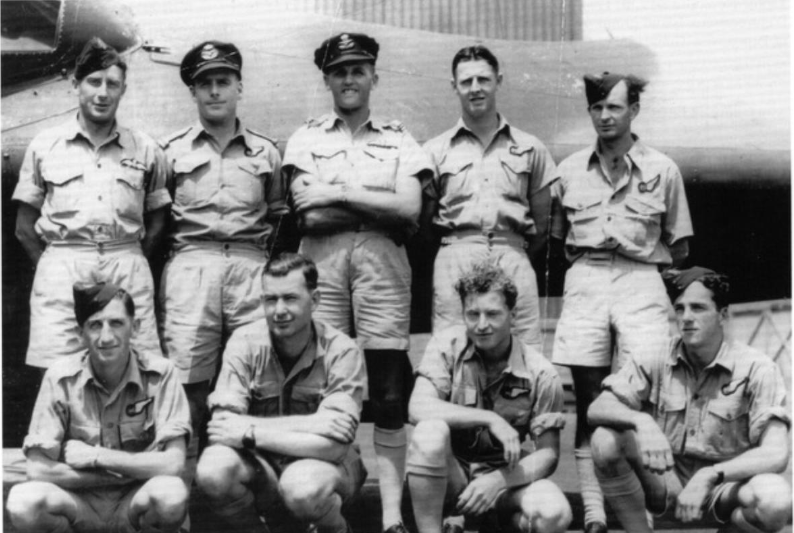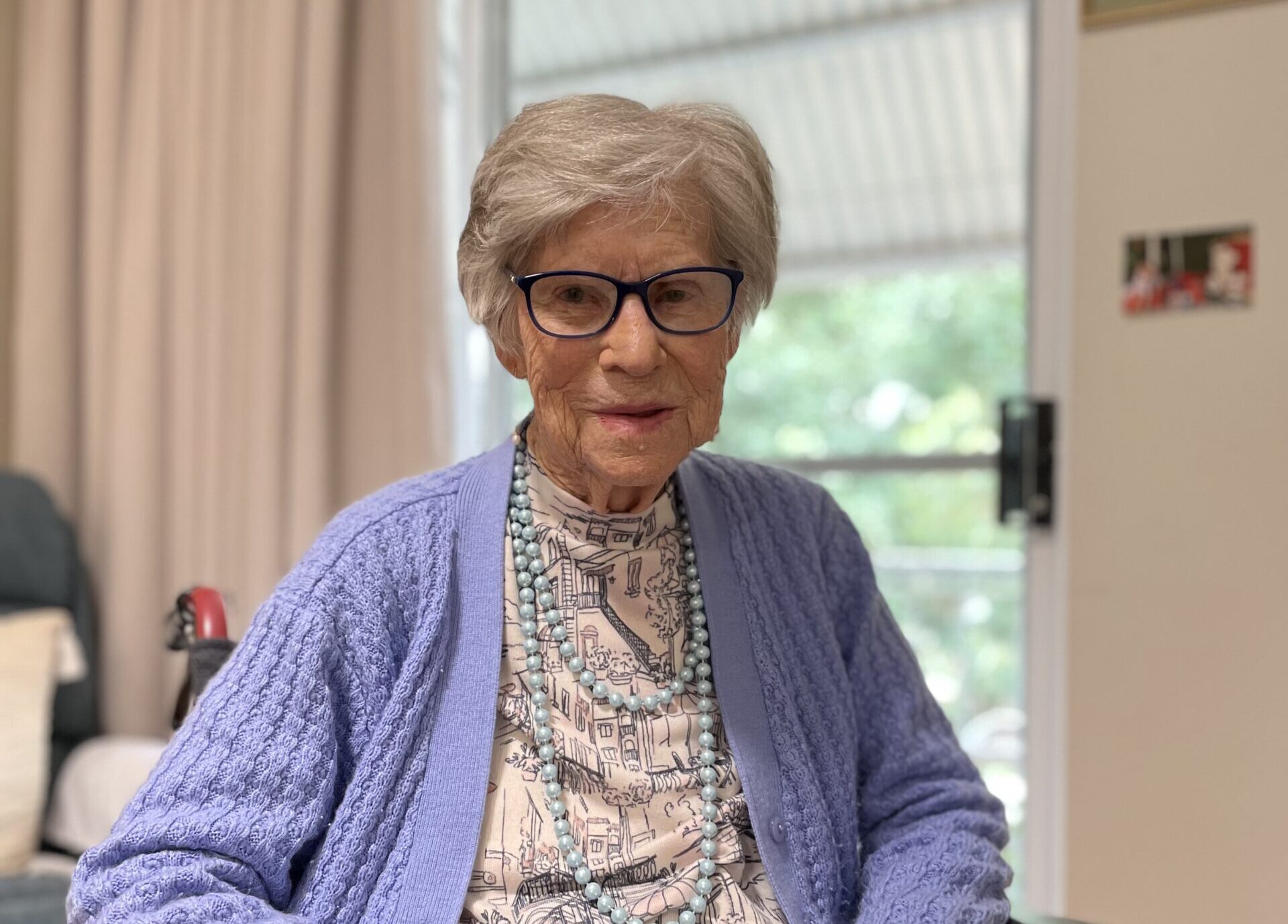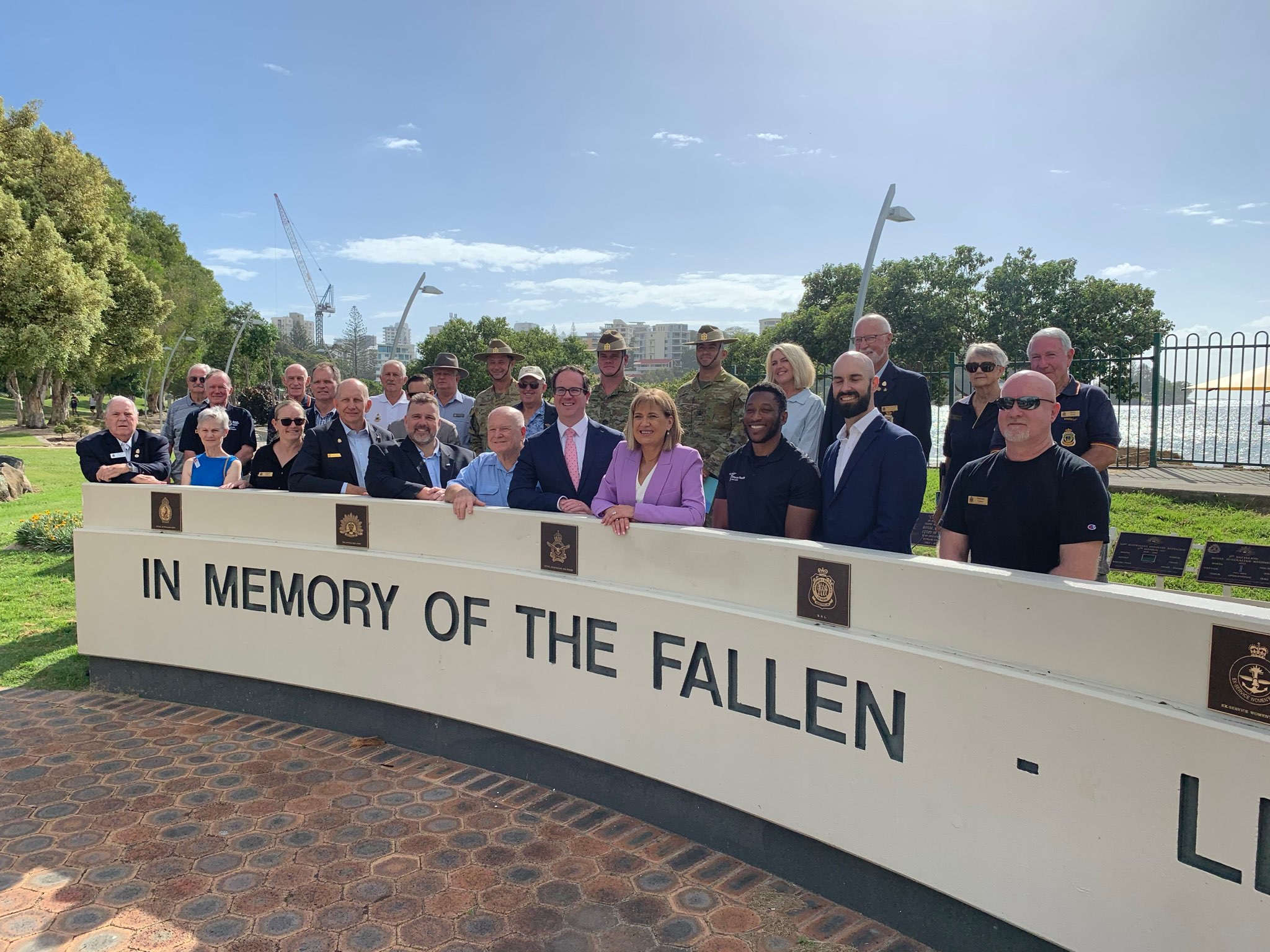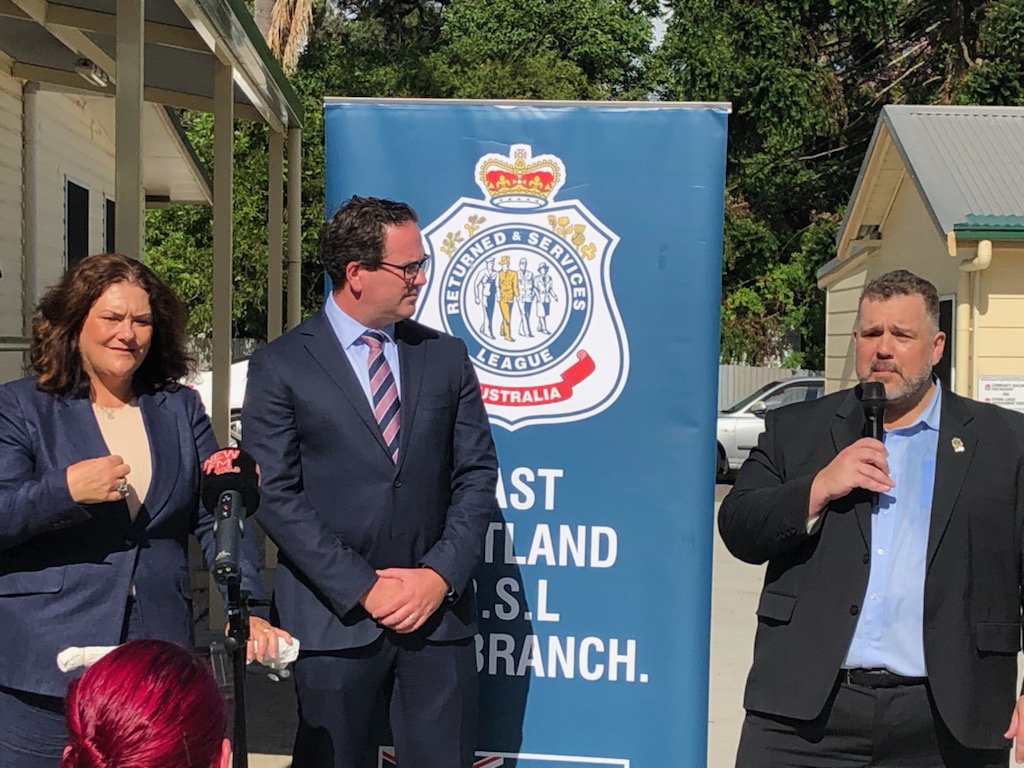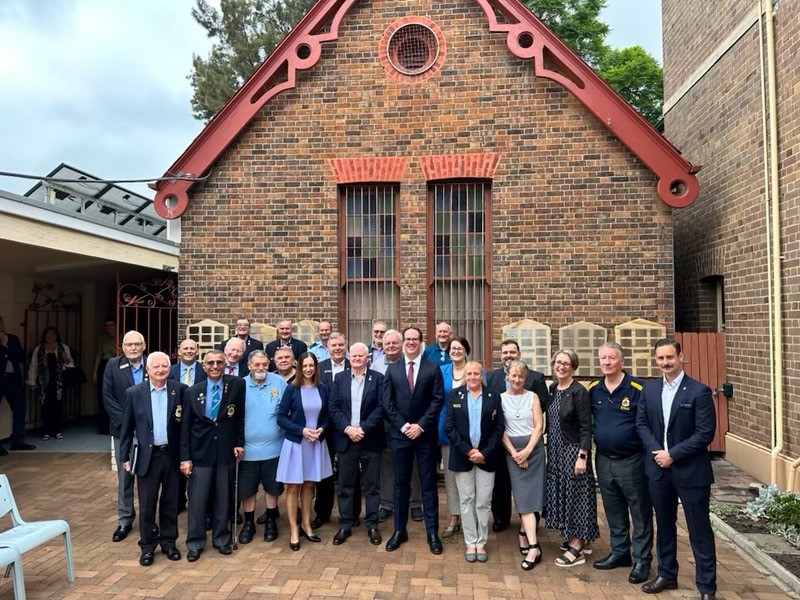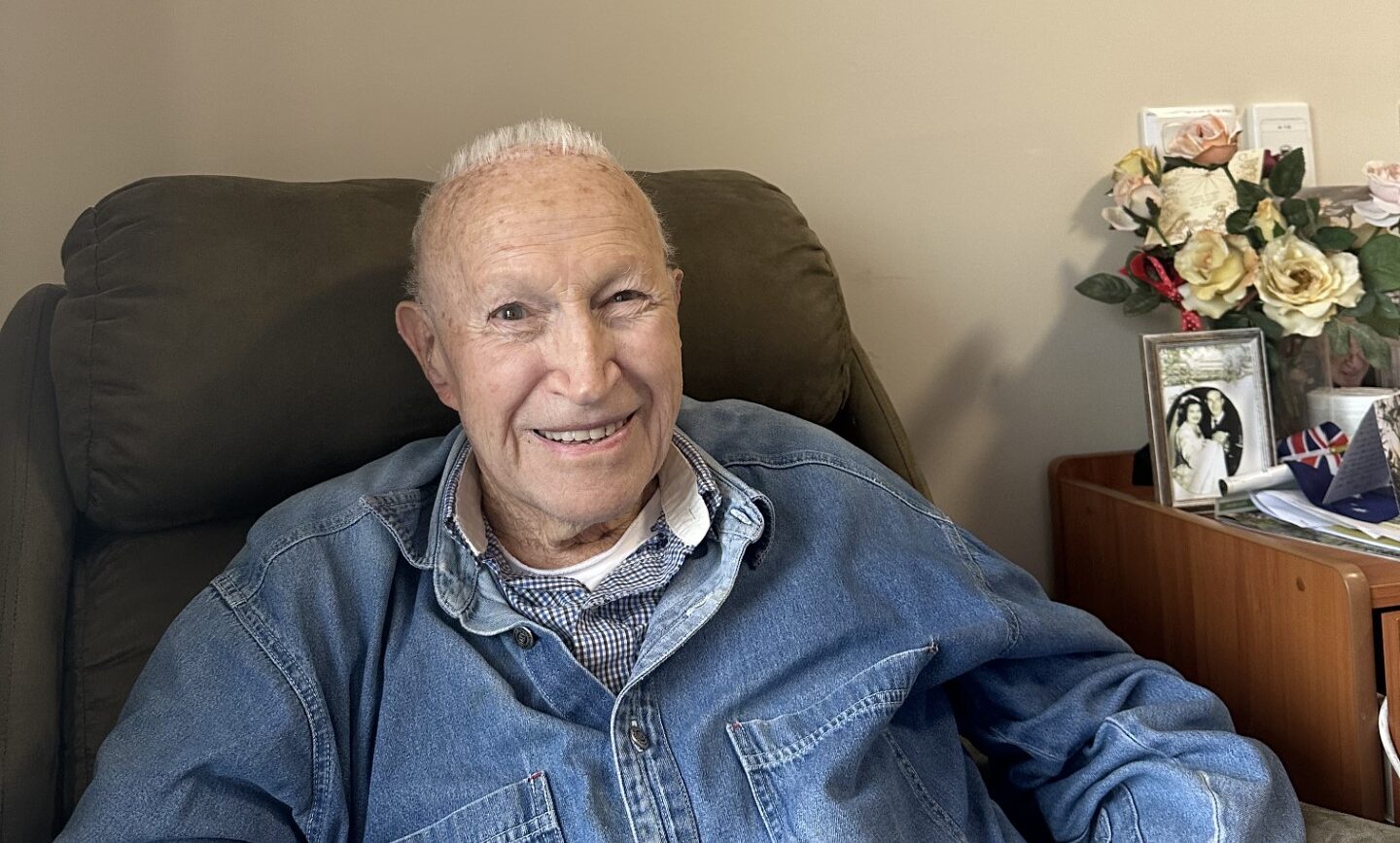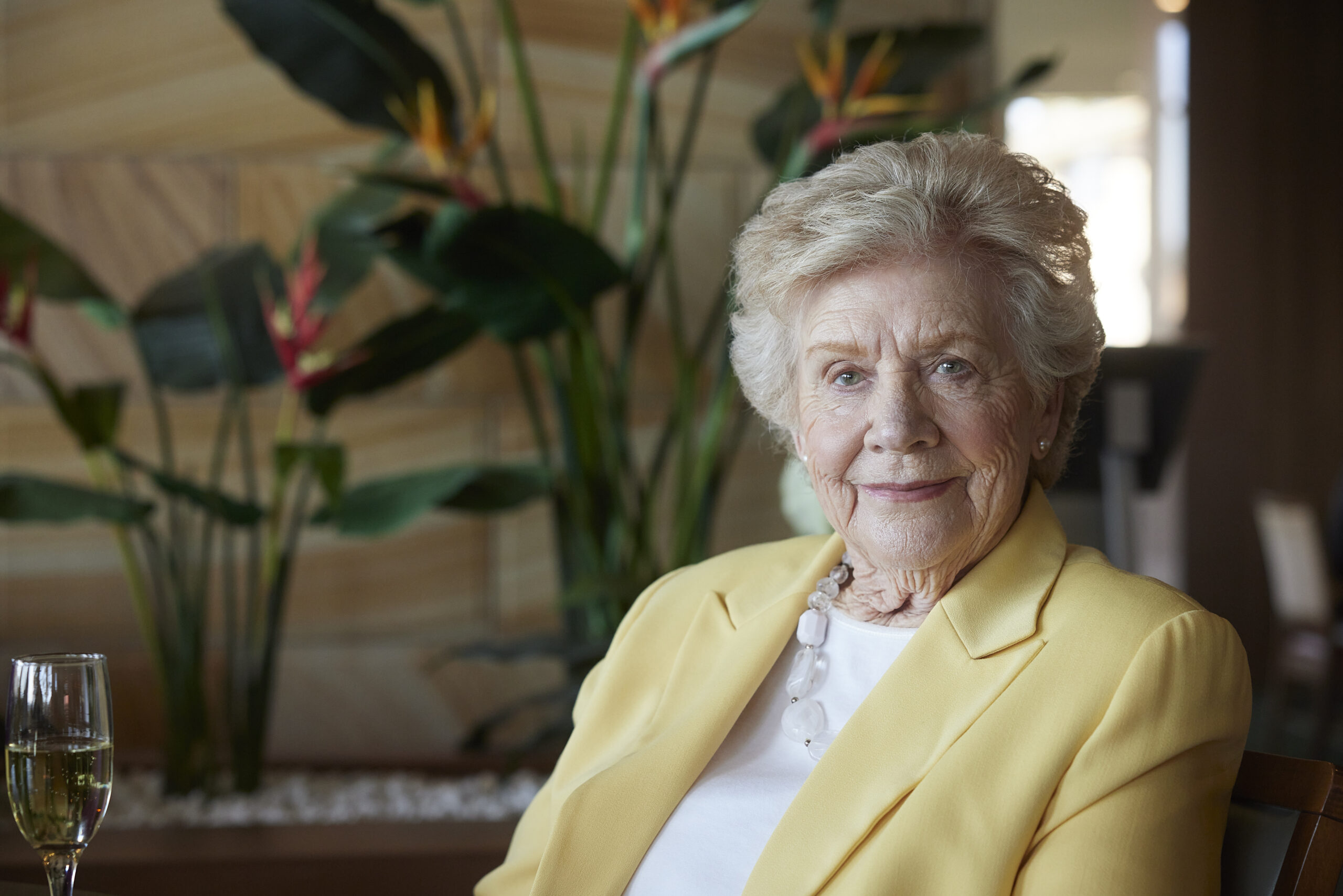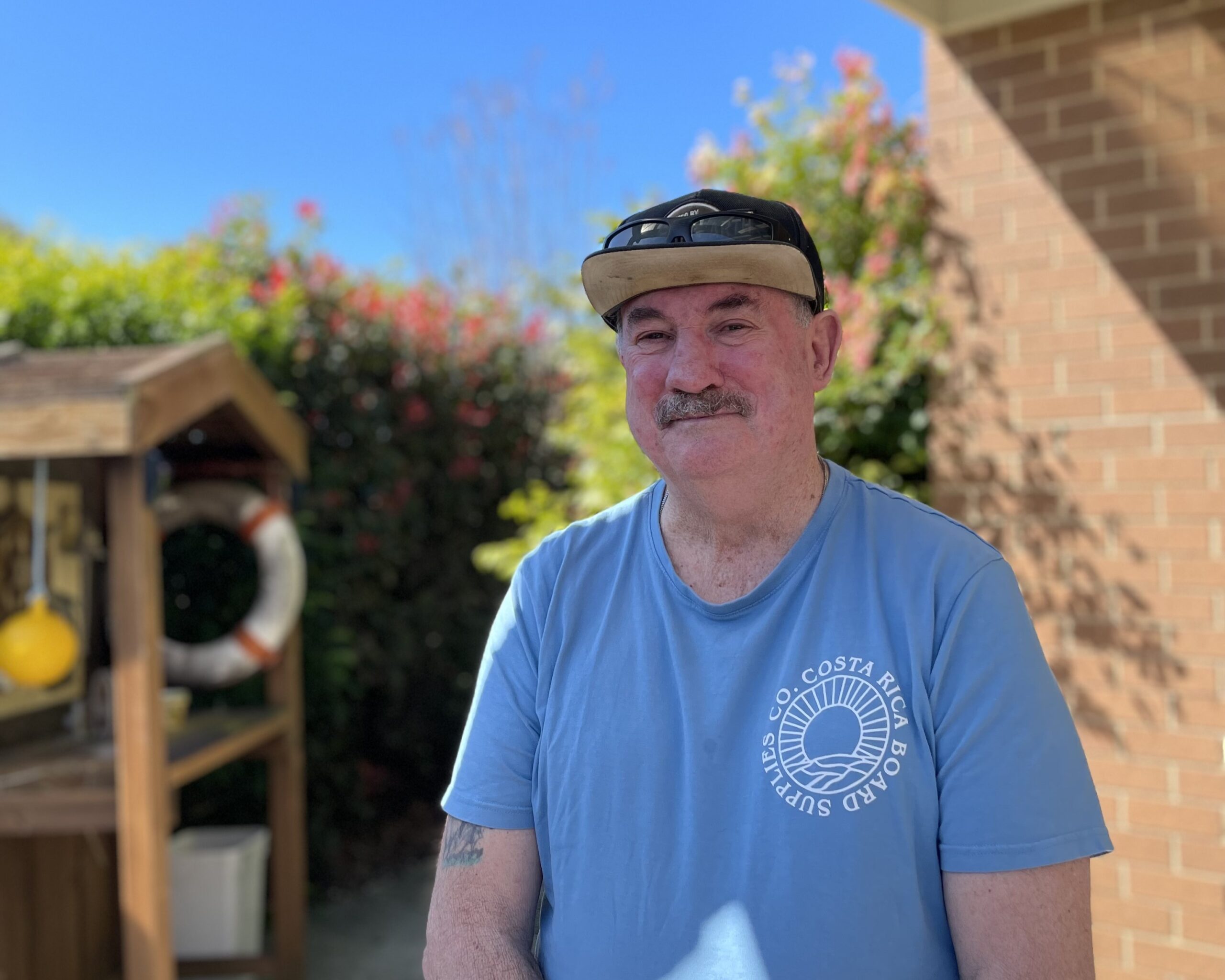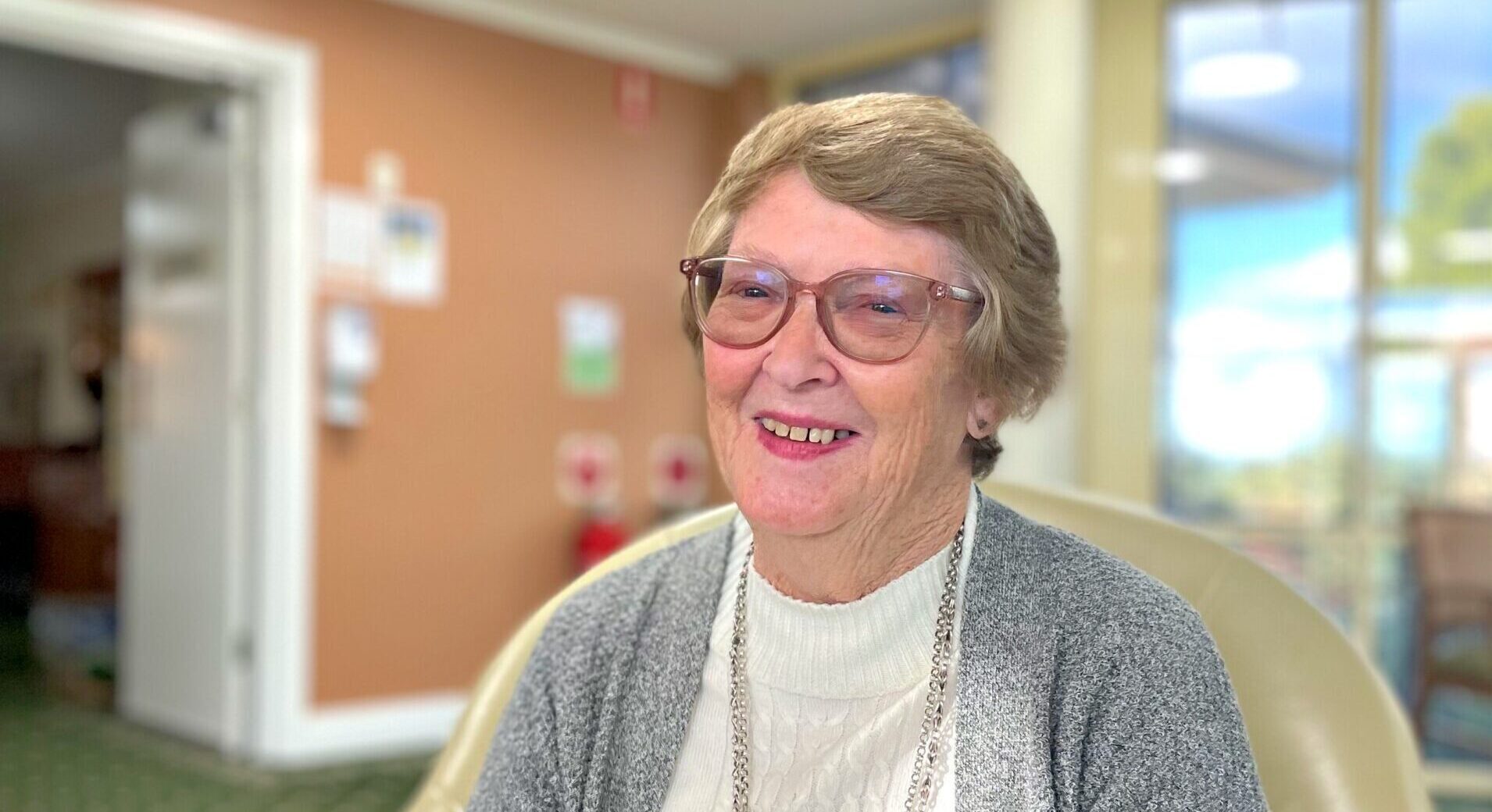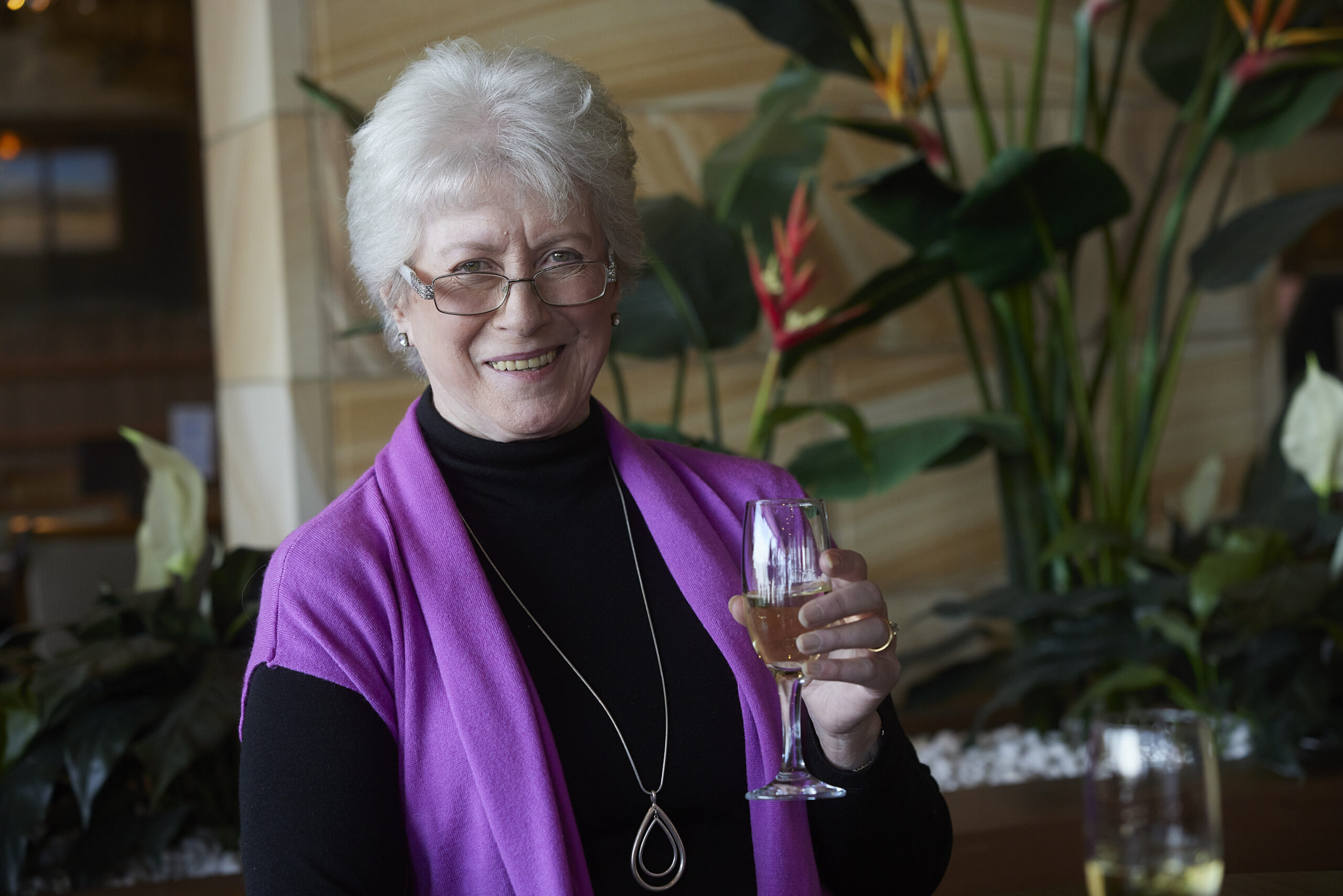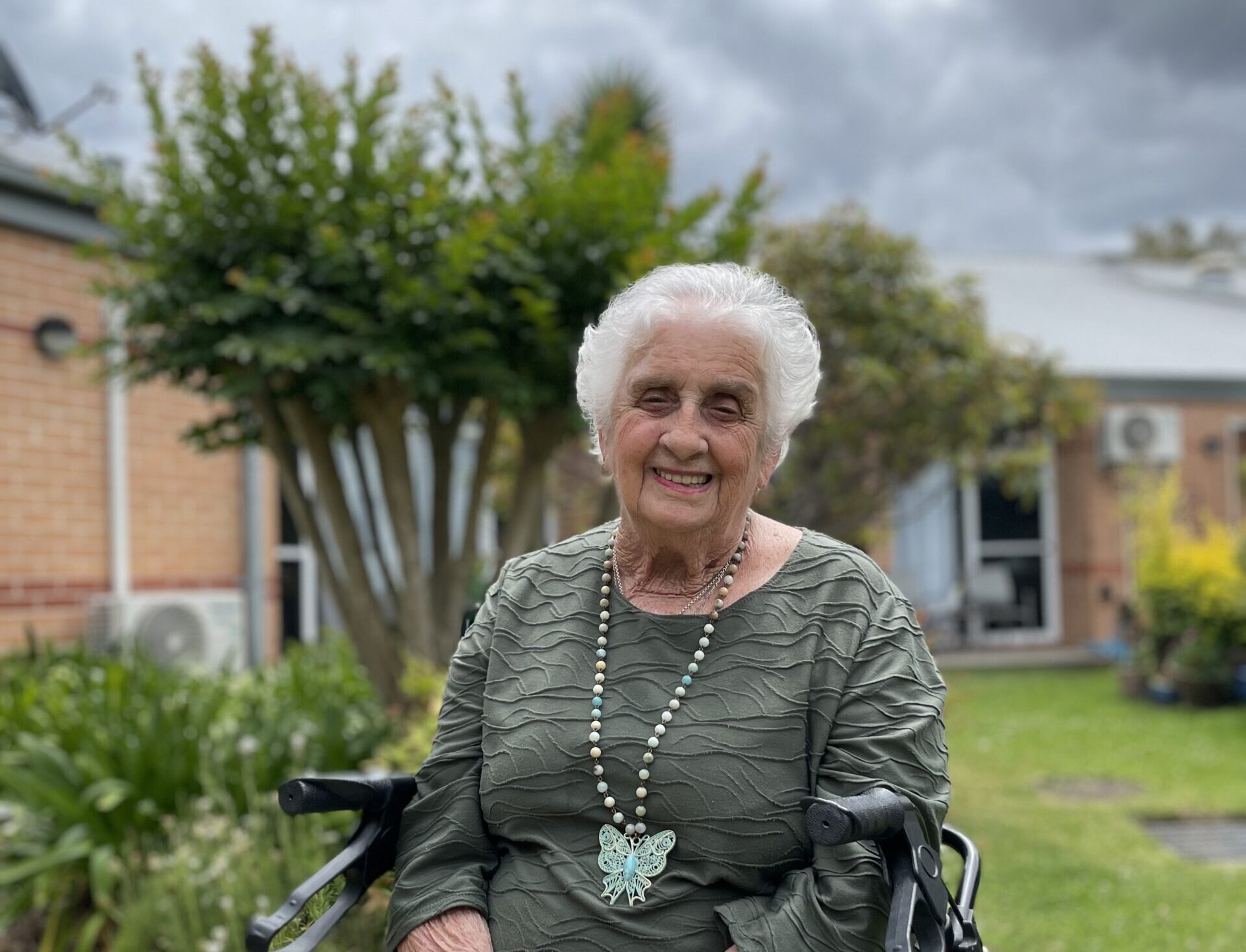Baby Boomers to change the face of aged care
Australia’s 5.2 million Baby Boomers[1] are set to radically change the face of the aged care system for ever, with demands for more funding, greater services in their own homes, and more interesting activities in communal facilities, according to new research by RSL LifeCare.
Schooled in rock‘n’roll, the Boomers are more professional, more tertiary educated, more active and have a greater life-expectancy than any previous 60s-plus group[2].
“Our research has found that Baby Boomers’ priorities for aged care are quite different from previous generations with a greater emphasis on high quality food, exercise opportunities, ‘wellness support’ and travel excursions,”
– RSL LifeCare CEO Laurie Leigh
RSL LifeCare CEO Laurie Leigh said changing generational tastes meant that Baby Boomers, aged between 55 and 74, were poised to change the aged care system for ever.
“Our research has found that Baby Boomers’ priorities for aged care are quite different from previous generations with a greater emphasis on high quality food, exercise opportunities, ‘wellness support’ and travel excursions,” she said.
“That may explain why only 1 per cent of Baby Boomers want to enter communal residential aged care in its current format, as they have perceptions that these services are not currently provided.
“As they get older, three quarters of Baby Boomers want to stay in their own homes with occasional nursing visits, rather than entering communal residential aged care facilities.
“Only 7% of Baby Boomers think the aged care system is adequately funded, with 67% believing it lacks the necessary financial support. However, Baby Boomers largely don’t know how to prepare for the transition to old age, with 57% admitting they don’t know how much care will cost them.”
The research findings could have profound implications for Australia’s aged care system with such a large number of people needing medical care in the next decade, while also wanting to maintain an active and varied lifestyle shared with lifelong friends.
More than 3.8 million Australians, or 15% of the total population, are currently over the age of 65[3]. By 2057, that will rise to 8.8 million, or 22% of the population, and by 2097 it will reach 12.8 million people, or one in four Australians[4].
Baby Boomers represent 24% of our total population[5], with the oldest beginning to enter aged care for the first time.
Key findings of the RSL LifeCare research:
- Choice of living arrangements – Only 1 per cent of Baby Boomers want to enter communal residential aged care in its current format. When care is needed, three quarters want to stay in their own homes with occasional nursing visits. They will only move into formal care when their physical or mental needs force them to do so, or when they become a burden on their families. This is a significant shift from the World War II generation, where communal retirement villages were popular.
- Lifestyle – If Baby Boomers have to move into communal living, their most pressing priorities are quality of food, followed by access to exercise opportunities, ‘wellness support’ and then excursions.
- Public Funding – Only 7% of Baby Boomers think the aged care system is adequately funded, with 67% believing it lacks the necessary financial support.
Ms Leigh said that more than 1.2 million Australians[6] currently receive some form of government-funded aged care, either in their own homes, or in a residential aged care setting.
More than 750,000 of these older Australians remain in their own homes and receive occasional worker visits.
Over 187,000 others have greater clinical needs and live in permanent communal residential aged care facilities with 24-hour onsite care[7] with a further 184,000 Australians residing in retirement villages[8].
“As teenagers the Baby Boomers changed our music tastes and then the university system, and their attitudes were now likely to have profound impacts on the way the entire aged care system functions,” she said.
“Baby Boomers are fiercely independent, work longer, live longer, and are renowned for their love of travel and generally enjoying life.
“Our research has found they are turning their backs on the concept of generic group living, and ‘slowing down’, and are looking for more bespoke services that help them through their entire life.”
RSL LifeCare used an independent third-party research house to survey a nationally representative group of more than 1,000 Australians aged 56-74.
Media enquiries: Apollo Communications, Adam Connolly 0417 170 084
References:
[1] Australian Bureau of Statistics – 3101.0 – Australian Demographic Statistics, Jun 2019. Table 59. Accumulation of those born 1945-64. Aged 55-74 in 2019. Line 59. Rows I through to AB
https://www.abs.gov.au/AUSSTATS/[email protected]/DetailsPage/3101.0Jun%202019?OpenDocument.
[2] https://www.indesignlive.com/the-peeps/bernard-salt-future-aged-care-design
[3] https://www.aihw.gov.au/reports/older-people/older-australia-at-a-glance/contents/demographics-of-older-australians/australia-s-changing-age-and-gender-profile
[4] https://www.aihw.gov.au/reports/older-people/older-australia-at-a-glance/contents/demographics-of-older-australians/australia-s-changing-age-and-gender-profile
[5] https://www.abs.gov.au/ausstats/[email protected]/Previousproducts/3235.0Feature%20Article12014
[6] Australian Institute of Health and Welfare. Aged Care Snapshot 11 September 2019 https://www.aihw.gov.au/reports/australias-welfare/aged-care
[7] Australian Bureau of Statistics (ABS) – 4430.0 Disability, Ageing and Carers, Australia: Summary of Findings, 2015 https://www.abs.gov.au/ausstats/[email protected]/Previousproducts/4430.0Main%20Features1042015?opendocument&tabname=Summary&prodno=4430.0&issue=2015&num=&view=
[8] Property Council of Australia. National overview of the retirement village sector, October 2014. https://www.grantthornton.com.au/globalassets/1.-member-firms/australian-website/industry/hac/pdfs/gtal_2014_hac_national-overview-of-the-retirement-village-sector.pdf
Blog Posts
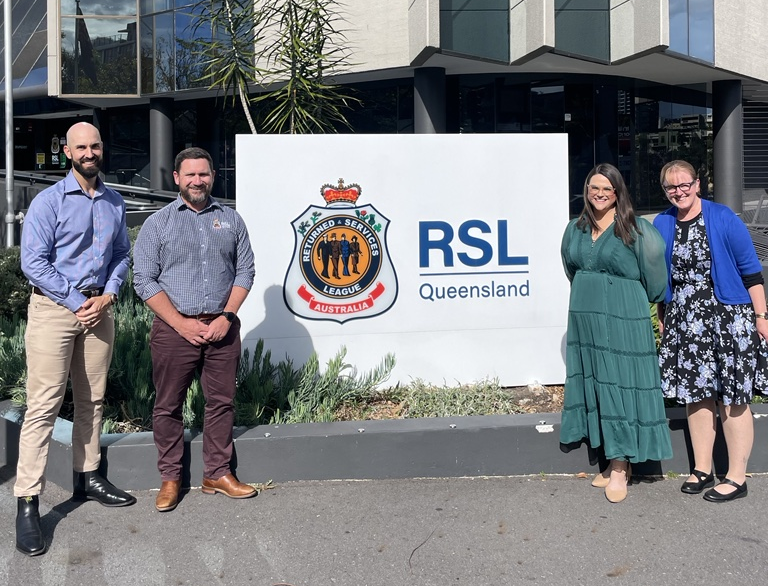
05 Feb 2024
NSW veteran employment prospects enhanced as RSL LifeCare partners with RSL Queensland
To further enhance the employment prospects of veterans and their partners, RSL LifeCare Veteran Services has today announced its...
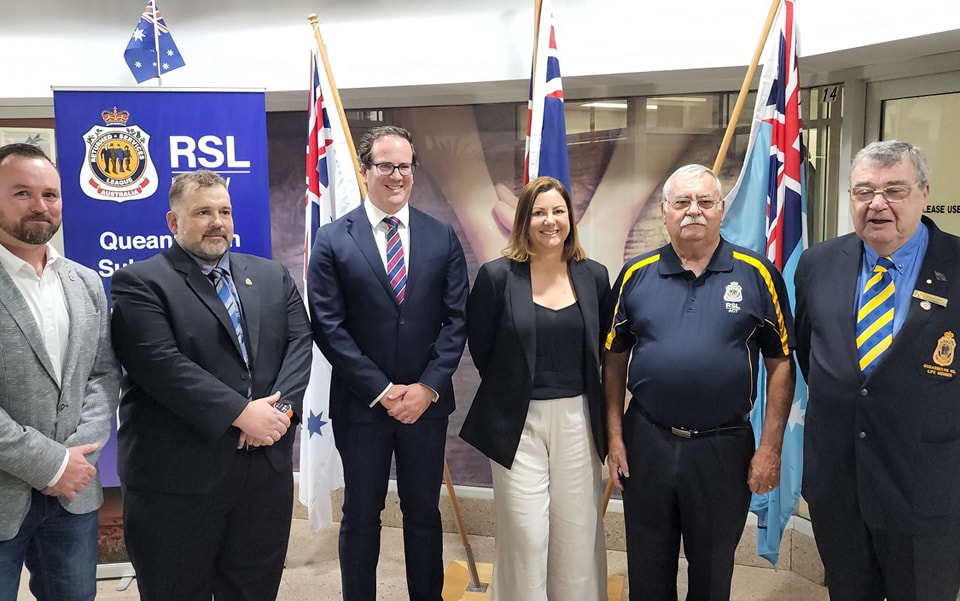
23 Jan 2024
RSL LifeCare receives $5.445 million in funding to deliver a new Veteran Wellbeing Hub in Queanbeyan
RSL LifeCare, in partnership with RSL NSW, will receive a $5.445 million grant from the Federal Government to develop...
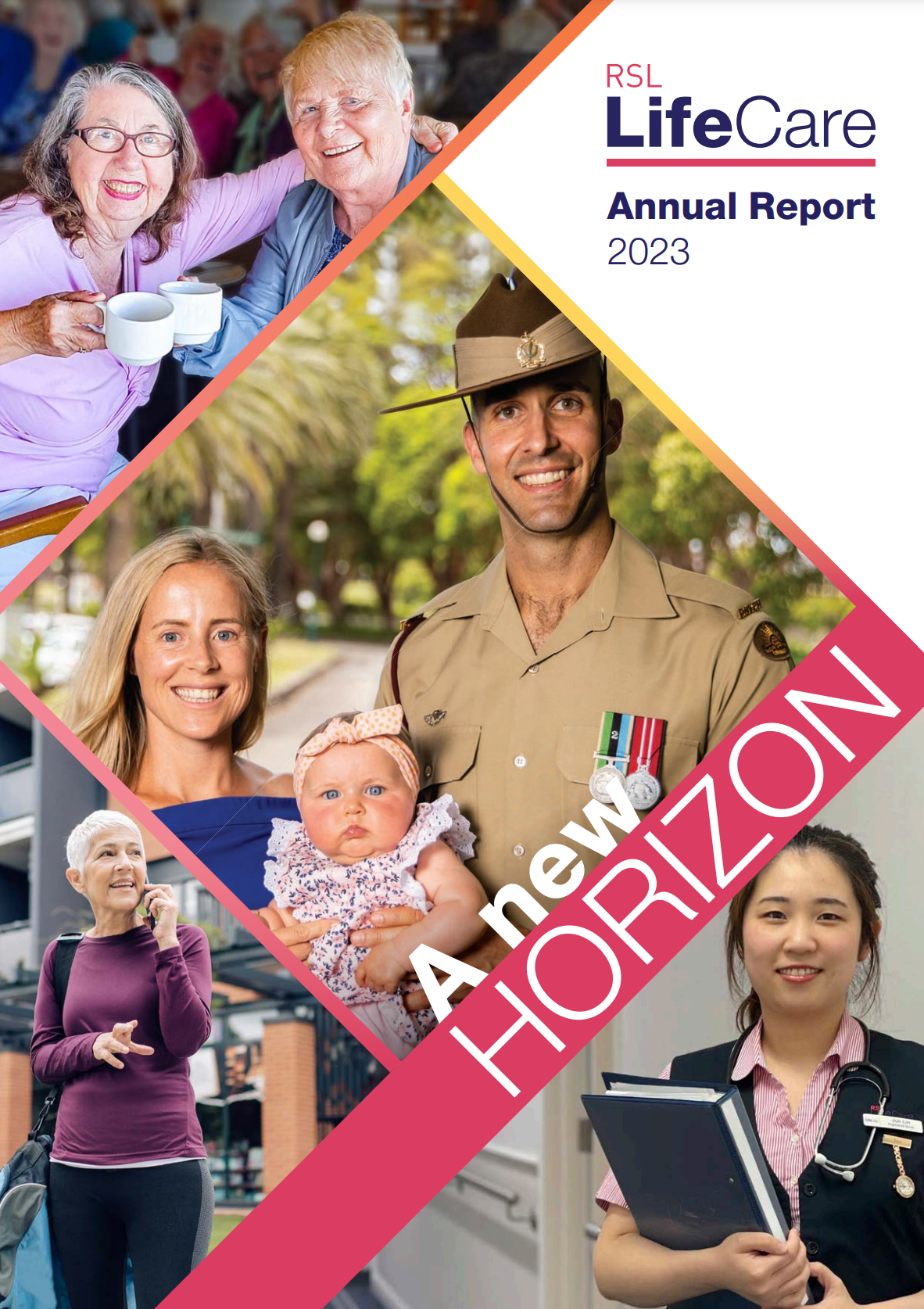
11 Dec 2023
RSL LifeCare Annual Report 2023
We are pleased to announce the 2023 RSL LifeCare Annual Report is now available to view via flipbook or...

27 Nov 2023
Positive impact of Intergenerational Relationships
The power of intergenerational relationships has been demonstrated on ABC’s Old People’s Home for Teenagers, featuring residents from RSL...
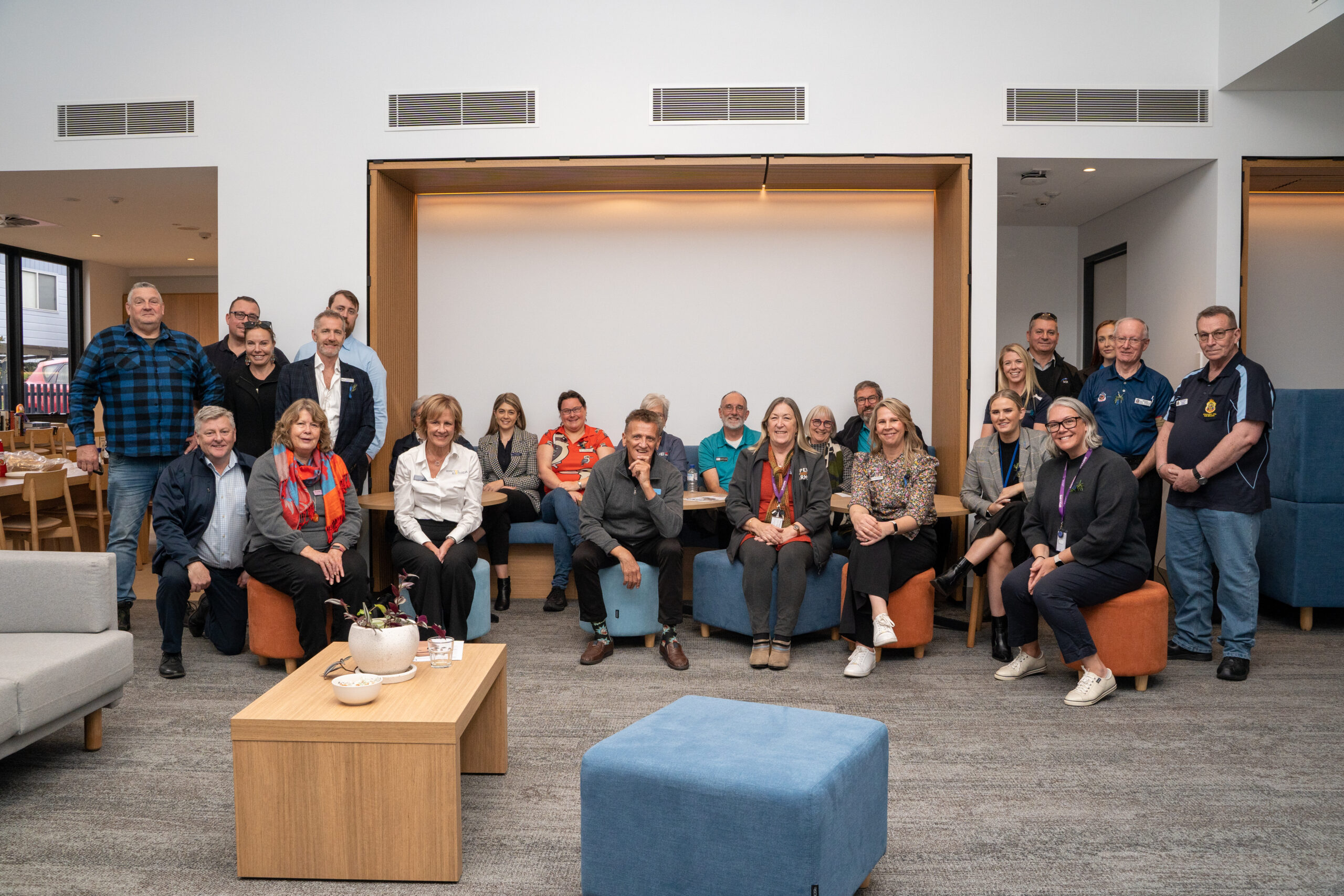
23 Nov 2023
RSL LifeCare secures $1.7 million funding to establish Central Coast Veteran and Family Hub and $243,000 for a centre at Bardia Barracks
RSL LifeCare has received $1.7 million in funding from the Albanese Government’s Veteran Wellbeing Grants One-Off Program to establish...
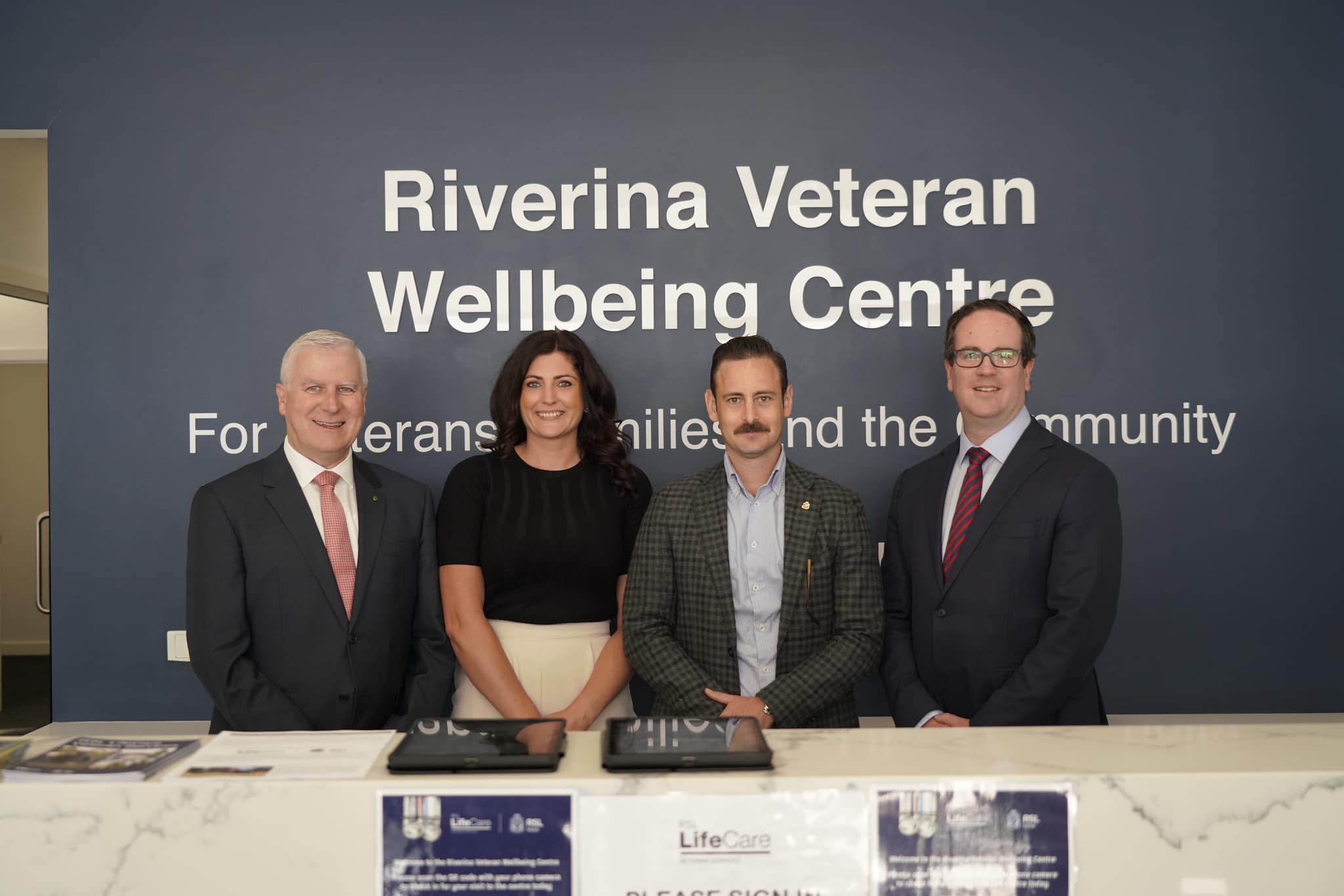
22 Nov 2023
RSL LifeCare awarded $520,341 in government funding to enhance Veteran wellbeing services in Riverina
RSL LifeCare has secured $520,341 in funding from the Albanese Government’s Veterans Wellbeing Grants One-Off program that will be...
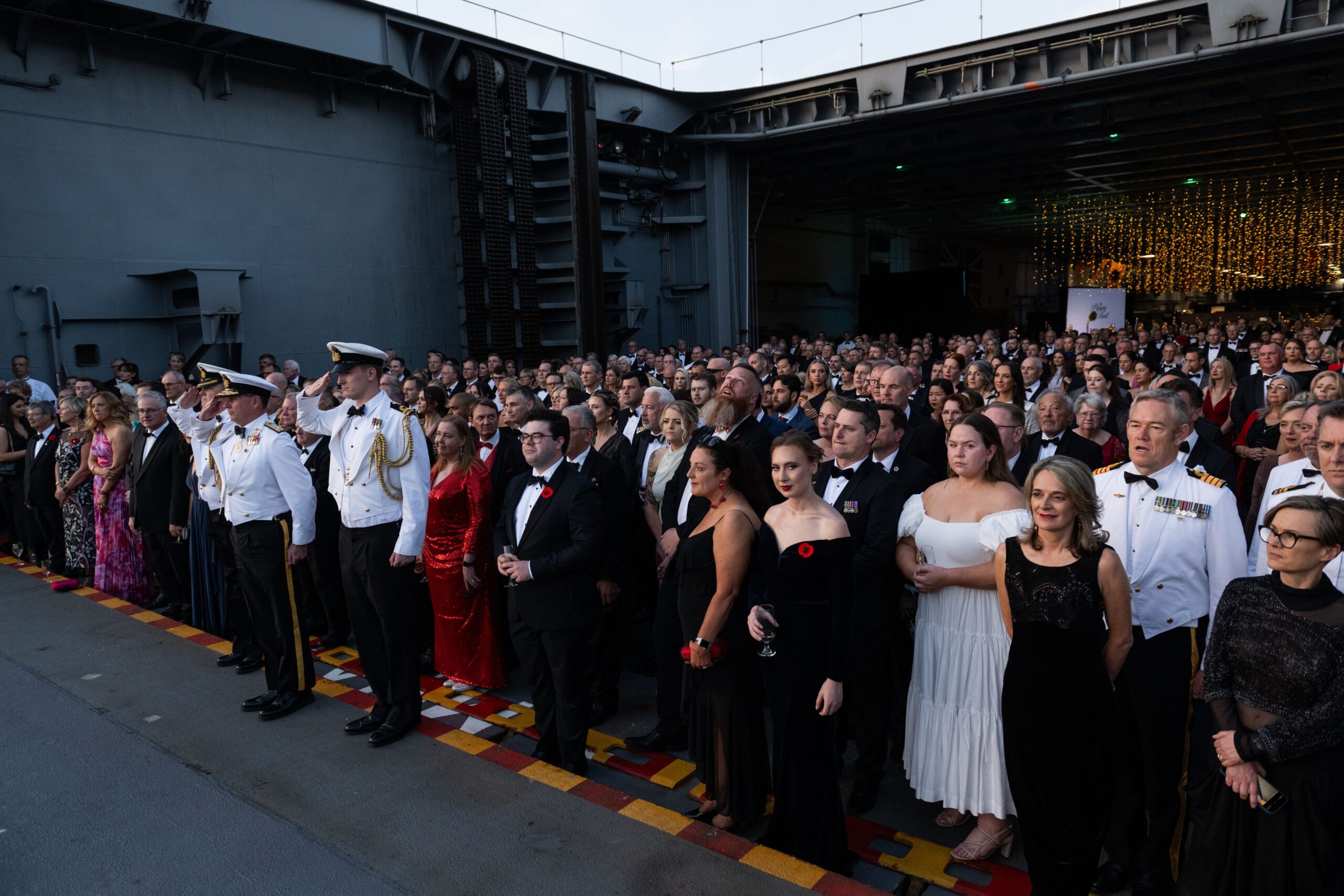
14 Nov 2023
RSL LifeCare hosts the inaugural Poppy Ball aboard HMAS Adelaide (III)
The inaugural Poppy Ball was held in Sydney on Saturday 11 November 2023 aboard the HMAS Adelaide (III). The...
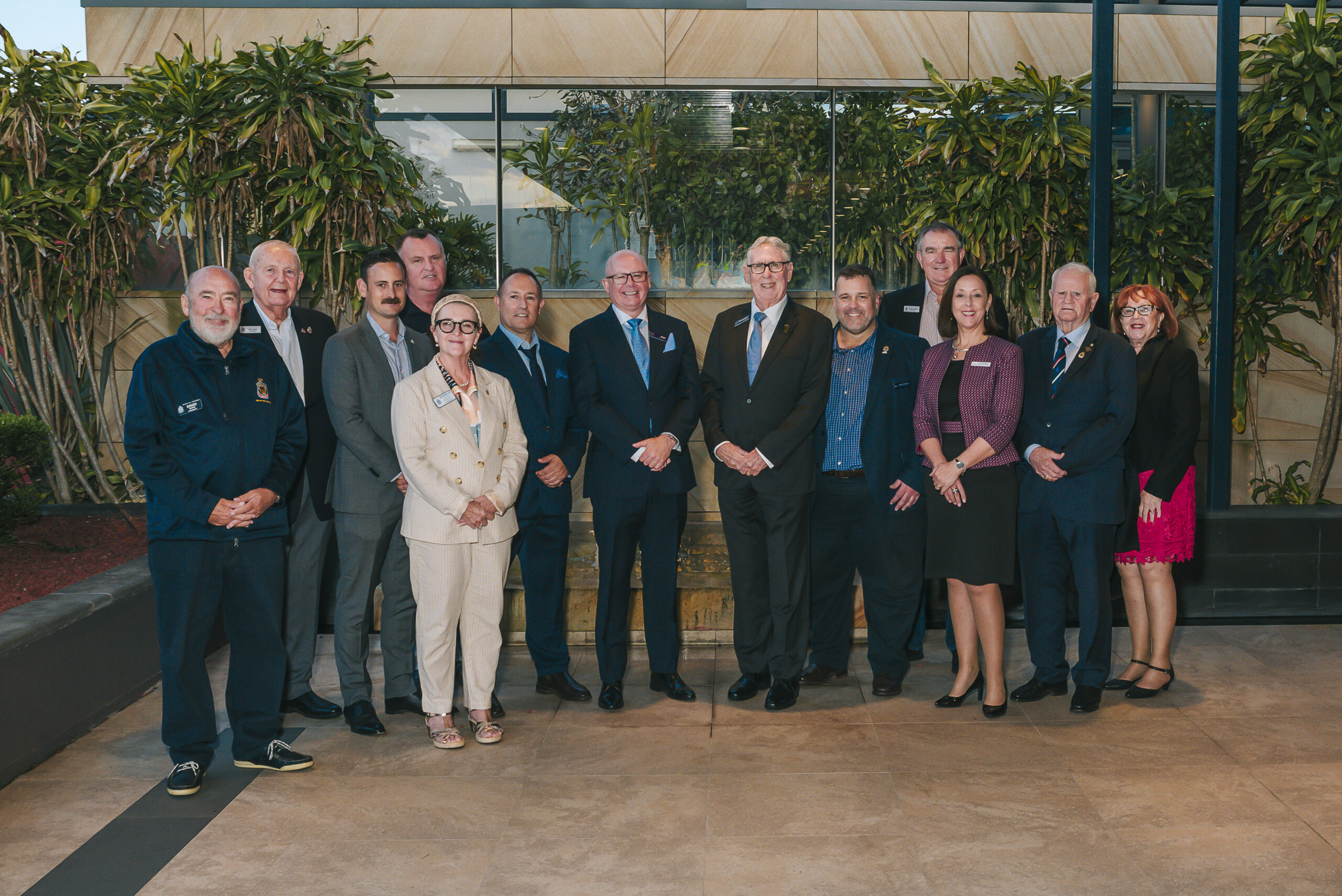
26 Sep 2023
RSL LifeCare announces plans for new Veteran Wellbeing Centre in Dee Why
RSL LifeCare is set to extend its crucial service delivery for local veterans and their families with the opening...
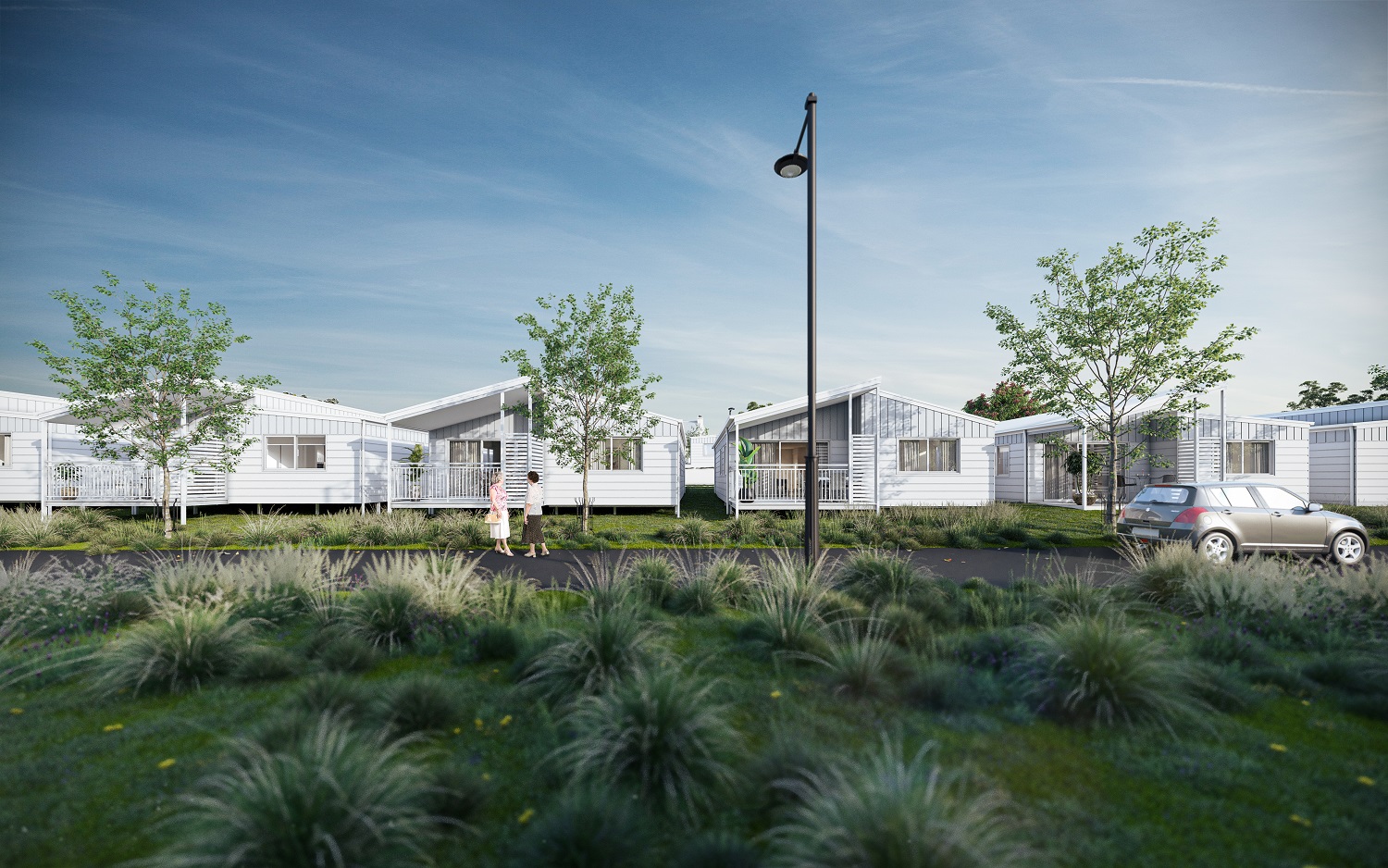
20 Sep 2023
RSL LifeCare Nowra Community Unveils Visionary Expansion, Elevating Retirement Living to New Heights
RSL LifeCare has today announced Stage 2 release of its Dumaresq Retirement Village at RSL LifeCare Nowra Community. The...
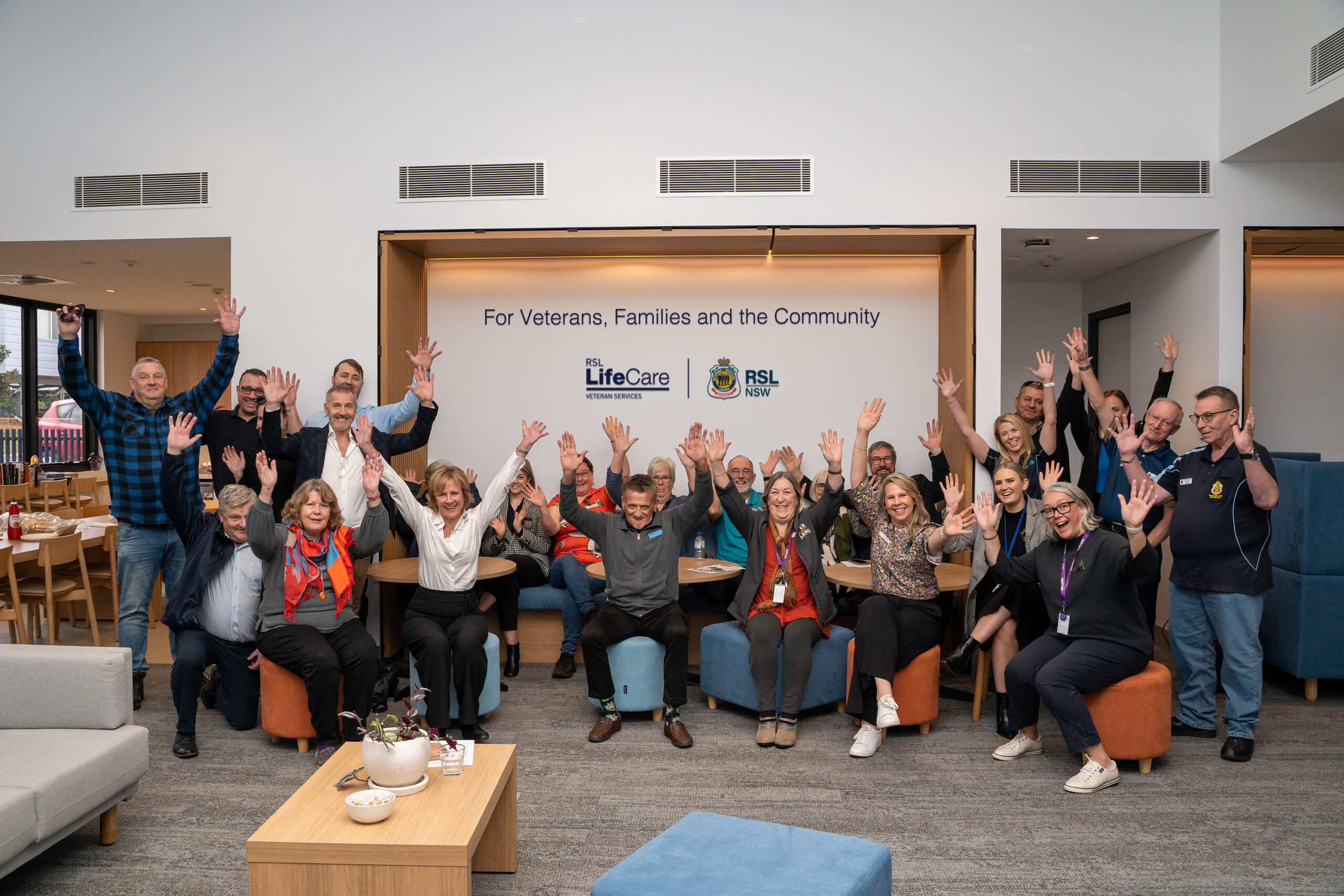
22 Aug 2023
Federal Government grant awarded to RSL LifeCare
RSL LifeCare has been awarded a $50,000 grant by the Australian Government to support the development of a business...
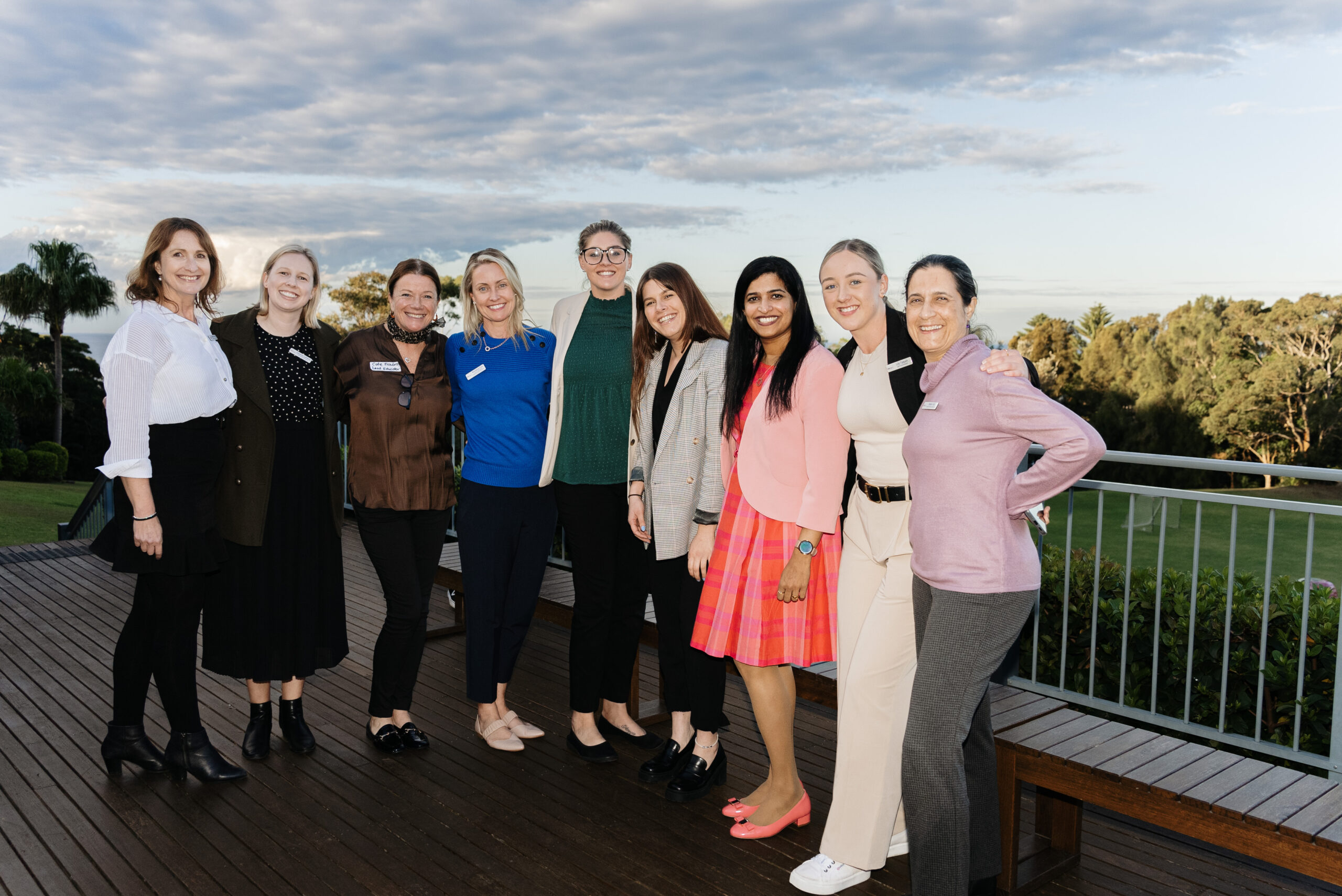
16 Aug 2023
RSL LifeCare a finalist in Best Graduate Development Program – Australian HR Awards 2023
August 2023 – RSL LifeCare’s Graduate Registered Nurse Program has been announced as a finalist in the Australian HR...
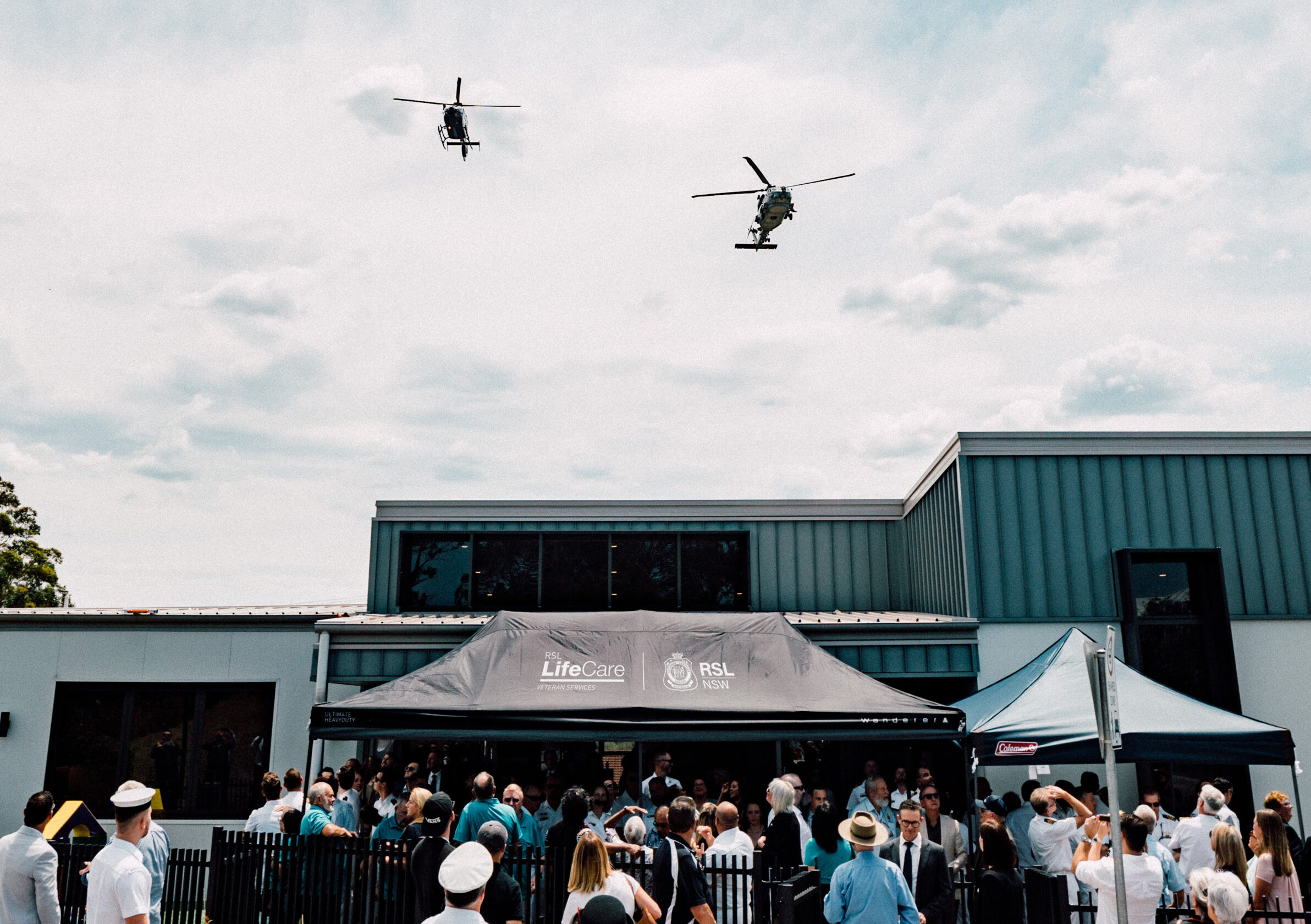
14 Aug 2023
RSL LifeCare successfully moves to the second stage in becoming the provider for a Veterans’ and Families’ Hub in both the Tweed-North Coast region and Queanbeyan.
RSL LifeCare has welcomed the opportunity by the Federal Government to submit a business case to deliver a Veterans’...

08 Mar 2023
Message from our CEO celebrating International Women’s Day
Good morning everyone, Today, on International Women’s Day, we take the opportunity to celebrate the contribution made by the...
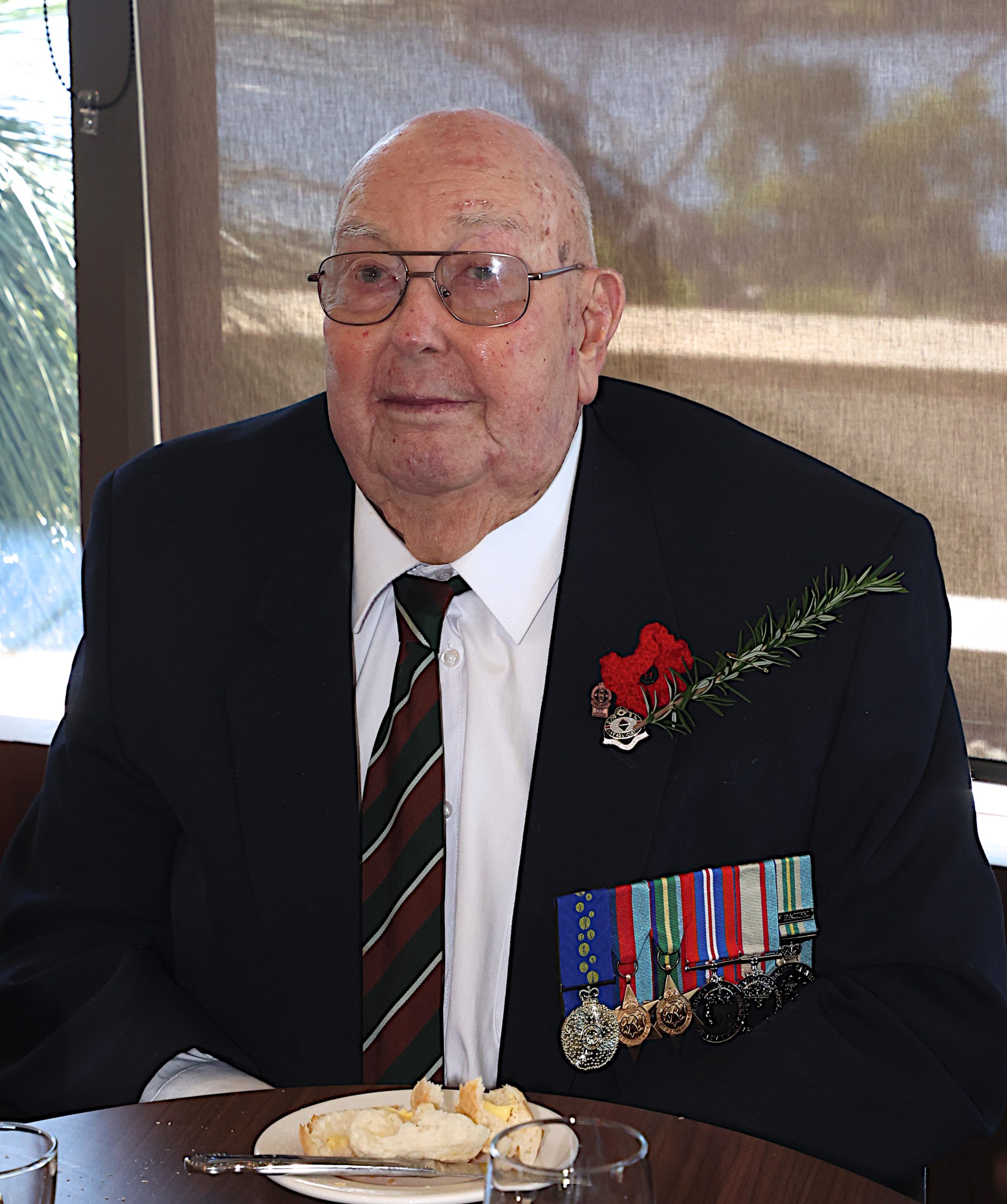
09 Jun 2022
Vale Walter Williams OAM
RSL LifeCare staff and residents alike have been deeply saddened to learn of the passing of long – time...
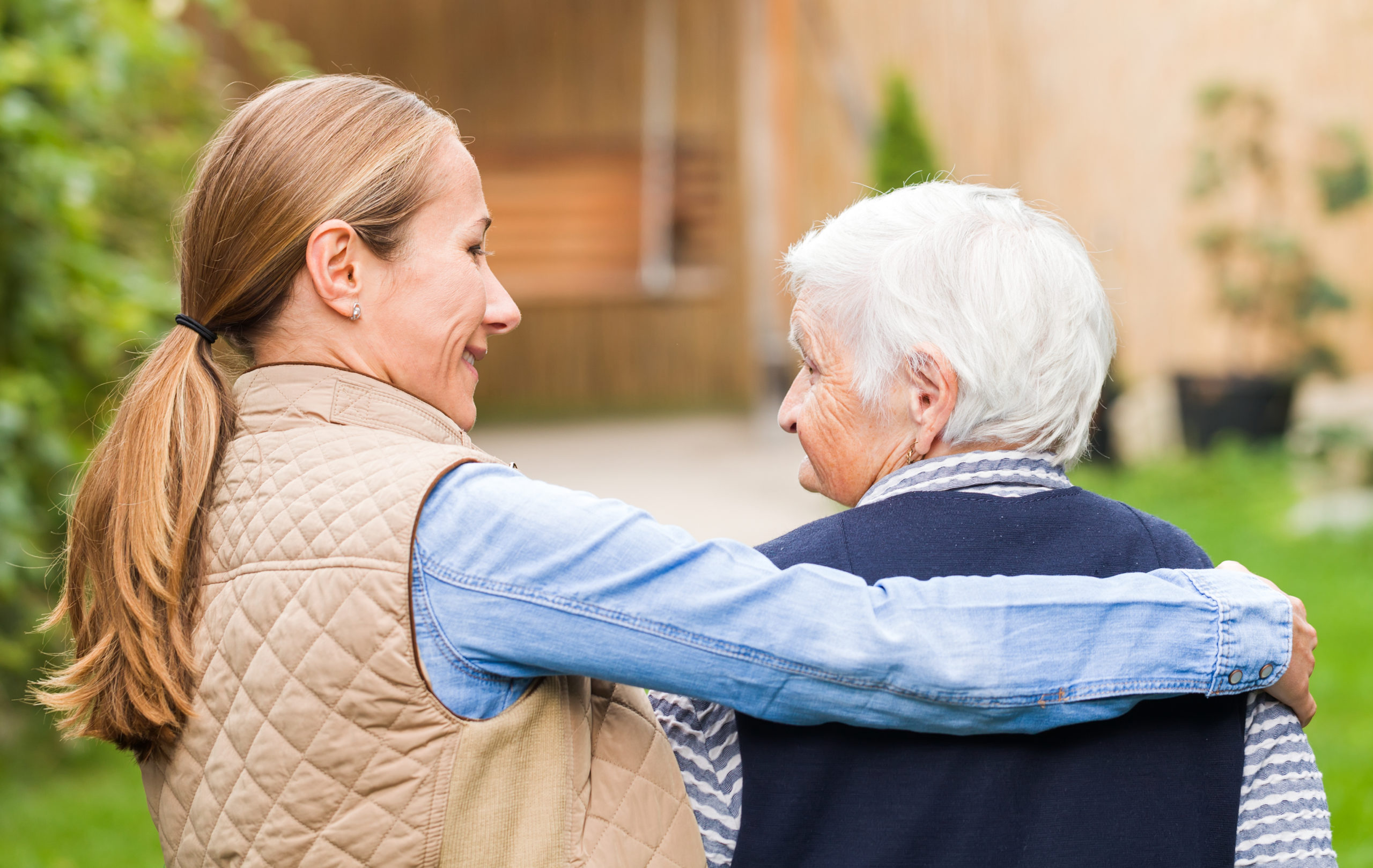
12 May 2022
Giving our nurses a voice to lead
Today, on International Nurses Day (IND) we shine a light on our nursing staff and their vital work. Our nurses...
08 Apr 2022
RSL LifeCare Veteran Services – one team supporting veterans and their families
The delivery of Veteran Services has been core to RSL LifeCare since its beginnings over 100 years ago. Now,...

20 Mar 2022
How the RSL Veterans’ Employment Program helps veterans find work
Transitioning to a different career is not always easy for veterans returning to civilian life. The RSL Veterans’ Employment...
24 Nov 2021
RSL LifeCare Annual Report 2021
I am pleased to advise that the 2021 RSL LifeCare Annual Report is now available. This annual report is...
06 Oct 2021
Rapid Antigen Test kits now available to Aged Care providers.
The Department of Health is offering Rapid Antigen Test kits to aged care providers across NSW in high-risk Local...

05 Aug 2021
Aged Care Employee Day is a day to thank everyone at RSL LifeCare.
7th August is Aged Care Employee Day. This is a day for us to thank every person who works...
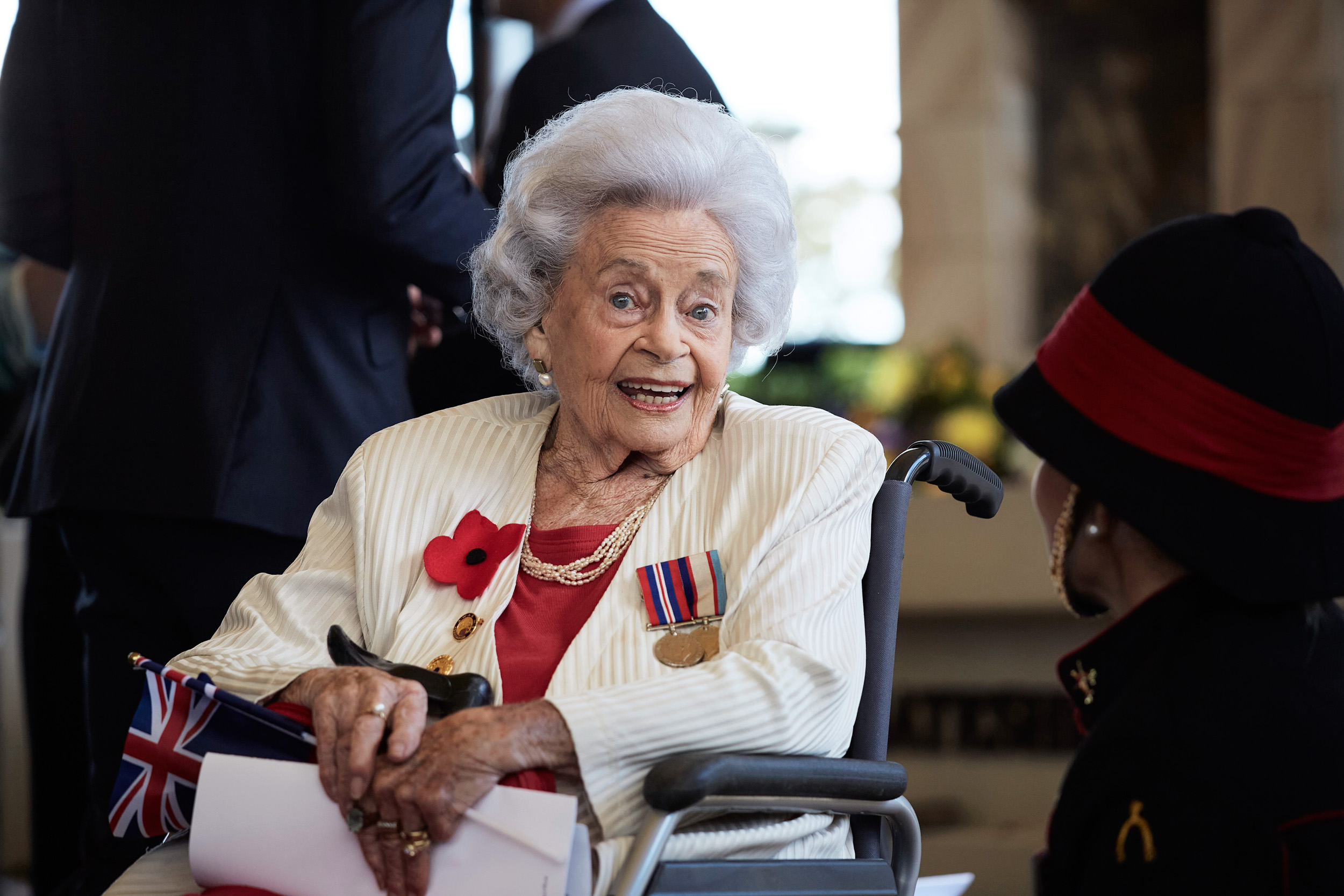
12 Jul 2021
World War 2 code breaker Marion Painter features in Sky News documentary
ANZAC Village, Narrabeen resident Marion Painter has featured in Sky News documentary, The Alliance, about her time as a...

29 Jun 2021
Aged care workers should be vaccinated on site.
AGED care provider, RSL LifeCare, have applauded the Australian Government for their decision to mandate COVID-19 vaccinations for staff...
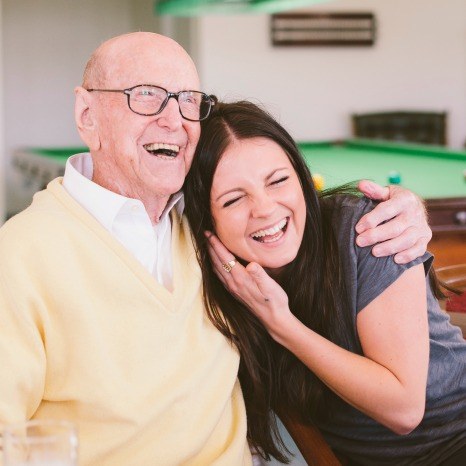
23 Mar 2016
Laughter is the best medicine
Laughter releases endorphins, giving us the ‘feel good factor’ Acts as aerobic exercise and is like ‘internal jogging’ Unleashes...
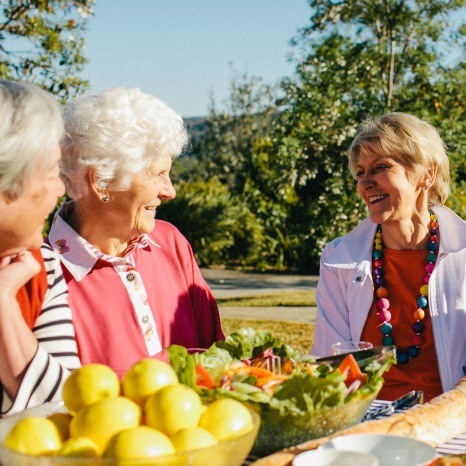
17 May 2016
A healthy diet for a healthy heart
Valentine’s Day saw people thinking of love and things of the heart and we thought it would be a...
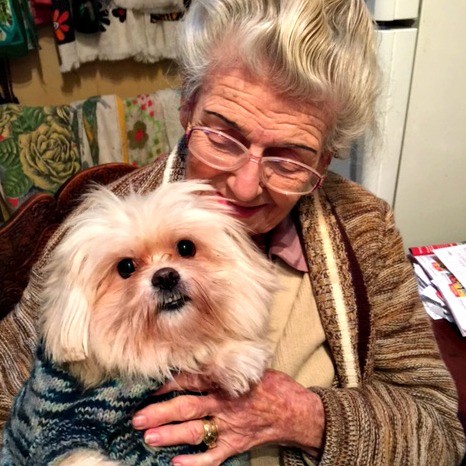
11 Oct 2016
Pets and Positive Ageing
Animals play an important role in our lives. As Community Staff, we are blessed to see the bonds that...
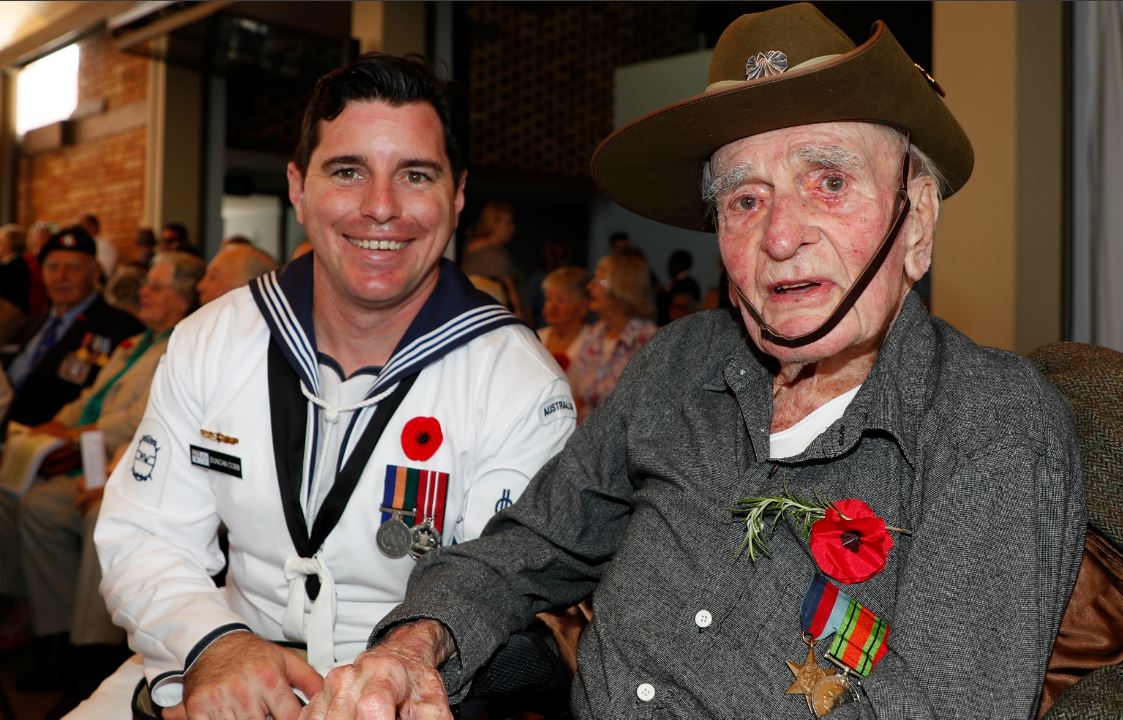
More from the blog
Latest News
Peter Fletcher’s Journey through WWII and Beyond
Peter Fletcher was born on March 18, 1924, in Brisbane, Queensland. At the age of 18, in 1942, he joined the Royal Australian Air Force...
Read moreCathy’s Tale of Work, Family, and Volunteering
"I was born on 19 December 1927. I'm 96 now. Originally from Tamworth, NSW. I began my career as a secretary, starting in Tamworth, then...
Read moreRSL LifeCare receives grant to develop a new Veterans’ and Families’ Hub in the Tweed-North Coast Region.
RSL LifeCare, in partnership with RSL NSW and sub-Branches, will today receive a $5.445 million grant from the Federal Government to develop a Veterans’ and...
Read moreRSL LifeCare receives multi-million dollar grant to develop a new Veterans’ and Families’ Hub in the Hunter Region’
RSL LifeCare, in partnership with RSL NSW and sub-Branches, will today receive a $5.445 million grant from the Federal Government to develop a Veterans’ and...
Read moreRSL LifeCare receives $5.445 million in funding to provide holistic support for veterans from Hawkesbury to South Western Sydney
RSL LifeCare, in partnership with RSL NSW and sub-Branches, will today receive a $5.445 million grant from the Federal Government to develop a Veterans’ and...
Read moreThe Incredible Journey of John Currie: A Life Anchored in Service
"I was born in Western Australia as an only child to a family with proud Scottish heritage. Growing up, my roots lay in the Methodist church,...
Read moreEmbracing Life’s Symphony: Grace Lane’s Remarkable Journey
"Life at RSL LifeCare has been a surprising adventure for me. When I first arrived, my plan was simple - to do absolutely nothing. Little...
Read morePeter Boughton: A Life of Service and Treasured Memories
Peter Boughton was born on February 18, 1951, at the Sydney Women's Hospital. His early years were filled with beautiful memories, especially his close bond...
Read moreRSL LifeCare receives $5.445 million in funding to deliver a new Veteran Wellbeing Hub in Queanbeyan
RSL LifeCare, in partnership with RSL NSW, will receive a $5.445 million grant from the Federal Government to develop a Veterans’ and Families’ Hub in...
Read moreJacquie’s 16 Years of Heartfelt Volunteering at RSL LifeCare
"I'm Jacquie, short for Jacquelyn Finley. I'm 76 years old, and I've been a volunteer at RSL LifeCare John Goodlet Manor for nearly 16 years now. You...
Read moreMargaret’s Journey: From Humble Beginnings to Cherished Community Life
"I was born in the lively neighbourhood of Willoughby and soon moved to Balgowlah Heights at the age of five. Growing up in a bustling...
Read moreJoan’s Creative Pursuits: Knitting, Puzzles, and Cherished Moments at RSL LifeCare
Many residents at RSL LifeCare love to participate in a variety of hobbies that keep their minds and hearts engaged. One such resident is Joan Herringe from RSL LifeCare Connie Fall. One...
Read more
